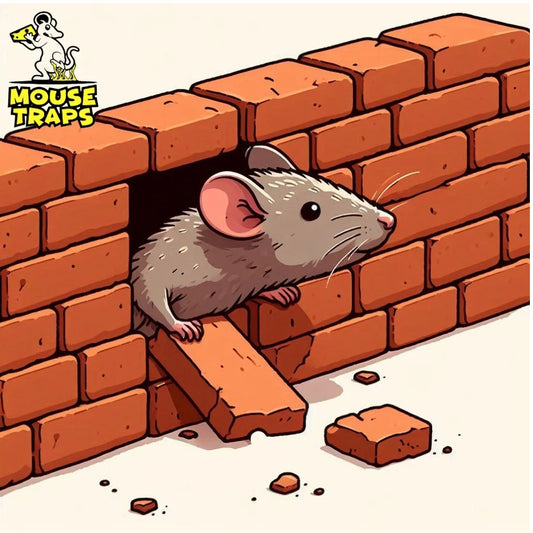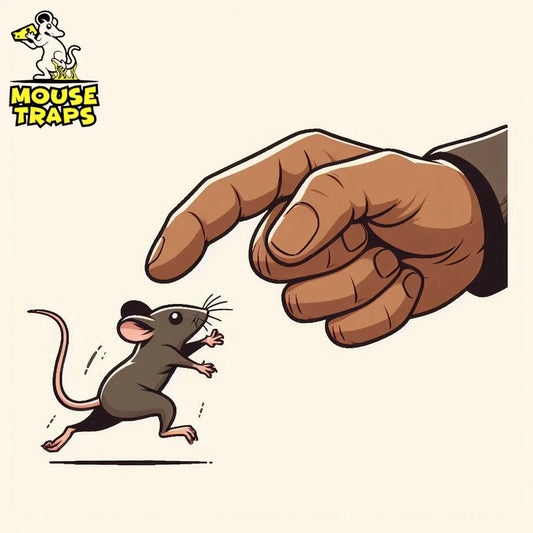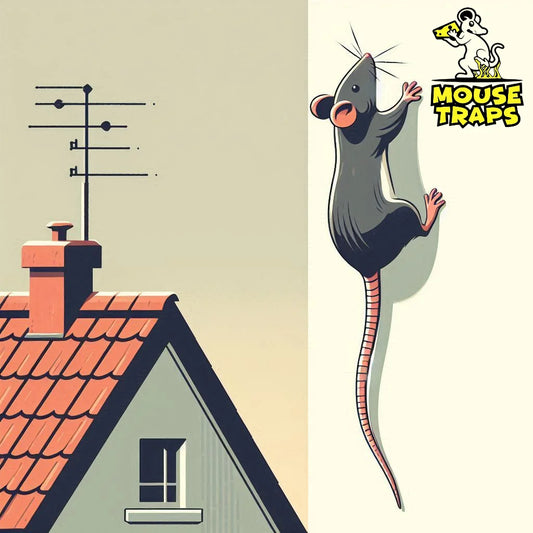Introduction:
Rats can be a nuisance for gardeners in the UK, especially when they invade compost heaps and wreak havoc in the garden. By utilizing tactics and taking actions you can successfully prevent rats from invading your garden and preserving a thriving garden atmosphere. This piece will delve into efficient methods to discourage rats from infesting your garden and compost pile.
Method Of Protecting Garden and compost Heap:
-
Secure Compost Bins: Use a compost bin with a secure lid to prevent rats from accessing food scraps and organic matter. Make sure the bin is made of solid material that rats cannot chew through, such as metal or sturdy plastic.

-
Avoid Certain Foods: Avoid adding meat, fish, dairy products, and cooked food to your compost heap, as these items can attract rats. Stick to composting fruit and vegetable scraps, garden waste, and other plant-based materials.

-
Regular Turning: Turn your compost regularly to speed up decomposition and discourage rats from nesting in it. Rats are less likely to inhabit compost that is actively being disturbed.
-
Keep Garden Tidy: Remove any debris, piles of wood, or other potential hiding spots for rats from your garden. Keep vegetation trimmed and tidy to eliminate hiding places.

-
Use Rat-Proof Containers: Store birdseed, pet food, and other potential rat attractants in sealed, rat-proof containers. If you want to keep rats out of your garden it's an idea to remove any food sources that might attract them.
-
Install Barriers: If rats are accessing your garden from neighboring properties, consider installing barriers such as fencing or wire mesh buried underground to prevent them from entering.

-
Remove Water Sources: Eliminate any sources of standing water in your garden, as rats need water to survive. Fix leaky faucets, remove containers that collect rainwater, and empty bird baths regularly.

-
Natural Deterrents: Some gardeners have had success using natural deterrents such as planting mint, lavender, or other strong-smelling herbs around the garden perimeter, as rats are sensitive to strong odors.

-
Ultrasonic Devices: Consider using ultrasonic repellent devices designed to deter rodents. These emit high-frequency sound waves that are unpleasant to rats but are generally not audible to humans or pets.
-
Regular Inspections: Routinely inspect your garden and compost heap for signs of rat activity, such as burrows, droppings, or gnaw marks. Taking prompt action if you suspect a rat infestation can help prevent the problem from escalating.

The Best traps:
If somehow rats invade in your garden the you should use these two traps to deal with them as they are the most effective against them. Further details and link to purchase these traps is given below;
Live Humane Mouse Traps:
Live humane mouse traps are designed to catch mice without harming them. These traps typically consist of a small box or cage with a one-way entry mechanism. Once the mouse enters the trap to access bait, the door closes behind it, trapping the mouse inside.

Benefits:
- Humane: Live traps allow you to capture mice without causing them harm, enabling you to release them unharmed into a more suitable habitat away from your compost heap.
- Environmentally friendly: Unlike traditional snap traps or rodenticides, live traps do not involve the use of harmful chemicals or pose a risk to non-target animals.
- Reusable: Live traps can be reused multiple times, making them a cost-effective and sustainable option for rodent control.
- Safe for pets and wildlife: Live traps pose no risk to pets or wildlife that may come into contact with them.
Sticky Glue Mouse Pads:
Sticky glue mouse pads are adhesive traps designed to capture mice by sticking them to the surface of the pad. These pads are typically made of cardboard or plastic coated with a strong adhesive substance. Once a mouse comes into contact with the adhesive, it becomes trapped and unable to escape.

Benefits:
- Easy to use: Sticky glue mouse pads are simple to set up and require no bait or additional equipment.
- Cost-effective: Glue traps are relatively inexpensive compared to other methods of rodent control.
- Non-toxic: Glue traps do not contain any chemicals or poisons, making them a safe option for use around pets and children.
- Effective: Glue traps can be highly effective at capturing mice, particularly in areas where traditional traps may not be feasible or effective.
Conclusion:
By following these techniques British gardeners can effectively prevent rats from invading their gardens and compost piles. Taking steps like securing compost containers removing materials and employing repellents can go a long way, in preserving a pest free garden setting. By staying vigilant and sticking to these practices you can relish in a garden, without the hassle of dealing with rat problems.




